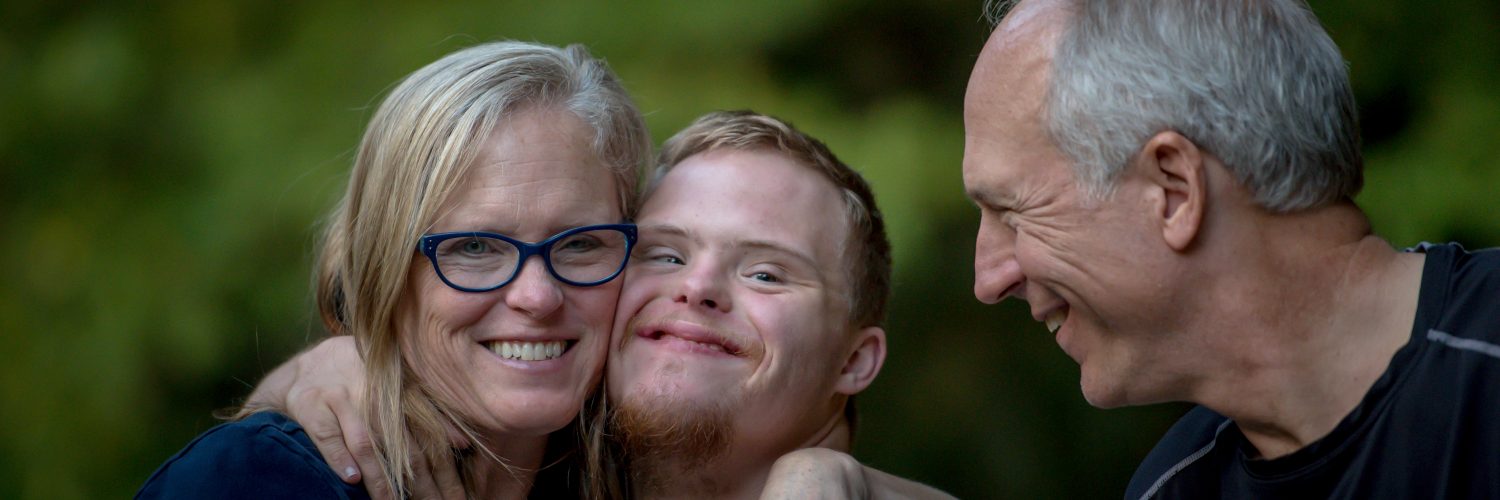The Case for Inclusion 2019, published by the ANCOR Foundation and United Cerebral Palsy (UCP), ranked Arizona number one in efforts to serve individuals with intellectual and developmental disabilities (I/DD).
“People with disabilities are the fabric of society. They are Americans, they are a part of who we are as the United States of America and in the world,” Armando Contreras, UCP’s CEO and former UCP of Central Arizona CEO, said. “They should not be seen as a segregated or a population that is different from us.”
The Case for Inclusion ranks all 50 states and the District of Columbia on how well state programs serve those with I/DDs, with Arizona totaling a score of 86 out of 100.
The report ranked states on five “key areas critical to the inclusion, support and empowerment” of I/DD Americans: promoting independence; tracking health, safety and quality of life; keeping families together; promoting productivity; and reaching those in need.
Arizona ranked high in promoting independence, keeping families together, and reaching those in need.
Case for Inclusion 2019 also focused on areas states can focus on to improve their inclusion score.
Creating community-based living
“It’s not more money spent but it is really crucial how the state spends the money,” Luechtefeld said. “One of the most significant differences in a state’s ranking can be whether or not the state operates a large institution that houses individuals…[which is] an example of how it’s not that the state is not spending more money but they’re spending the money more on community-based living rather than institutional living and that makes a huge difference for the individuals who are supported.”
Currently, Arizona has one large state facility and it houses 86 individuals, which according to Luechtefeld, shows the state is moving towards home community-based living.
This is shown with nonprofit FirstPlaceAZ’s community living center to help assist adults with autism with resources such as community support, academic lessons and physician aid.
Arizona also does well because it has organizations that offer programs that allow those with I/DDs to integrate into the community.
“UCP of Central Arizona is a great example, they have several programs,” Contreras said. “They provide a lot of inclusive programs… So somebody who has a disability at home, they have an opportunity for that service provider to take them out into the community, to be integrated into the community.”
A Workforce in Crisis
“There currently is a significant workforce crisis among servers of I/DD supports and services,” Luechtefeld said. “DSP, or director support professionals, are the front-line staff who provide the supports and services. They may be acting as job coaches or they may be residential caregivers or they may be taking folks out into the community as part of a day program.”
According to the report, the national DSP turnover rate is 46 percent with 38.2 percent of employees working less than six months.
“Almost every other person in the DSP profession leaves their job within the first year,” Luechtefeld added. “They’re losing people to QuikTrip or Walmart or other hourly professions that are paying better wages and better benefits and they just can’t compete because the work of a DSP, though fulfilling, is really difficult. It’s challenging work and unfortunately, it’s undervalued.”
Inadequate pay was cited as the reason for DSPs leaving their jobs, with difficulty level/stress of work performed being second.
Medicaid program for Americans with I/DD
In Arizona, the Arizona Health Care Cost Containment System (AHCCCS) helps individuals pay for medical expenses for people with low income. However, individuals who have been determined disabled by the Social Security Administration (SSA) or AHCCCS, may earn more than the standard AHCCCS income limit and be eligible for AHCCCS and Medicare at the same time.
Promoting Employment
People without disabilities are employed at three times the rate of those with disabilities, according to data from the National Core Indicators Project.
“Having a job is a key part of being connected to the community. For people of all abilities, employment brings a sense of purpose and meaning, a way to support themselves, and the flexibility to pursue one’s dream,” the report said.
However, according to 2016-2017 National Core Indicators Project data, roughly 20 percent of people with I/DDs who receive services from a state agency are employed in community jobs and only between 12 and 14 percent of individuals work in individual integrated jobs.
“[We need to be] ensuring that people with I/DD are being paid minimum wage or better,” Luechtefeld said.
In February, Ducey joined with The Precisionist Inc. (TPI) and FirstPlaceAZ to announce the “Phoenix Precision Project” that would help individuals with disabilities receive training and employment opportunities in a broad range of fields such as software development, database analytics, accounting, data entry and more.
“We consider ourselves typical, however, I have to say that people with disabilities teach us how to live,” Contreras said. “People with disabilities have a beautiful gift and the gift is that they live in the present time…Watch a child who has a disability and that child can teach you a lot of things.”
“Even states like Arizona that are at the top of the pack have a long way to go in moving people towards true community inclusion,” Luechtefeld said. “We have gone so far beyond the way things used to be and yet we still haven’t gotten to a place where people understand the rich contributions that people with disabilities make.”
To view the report, click here.















Add comment